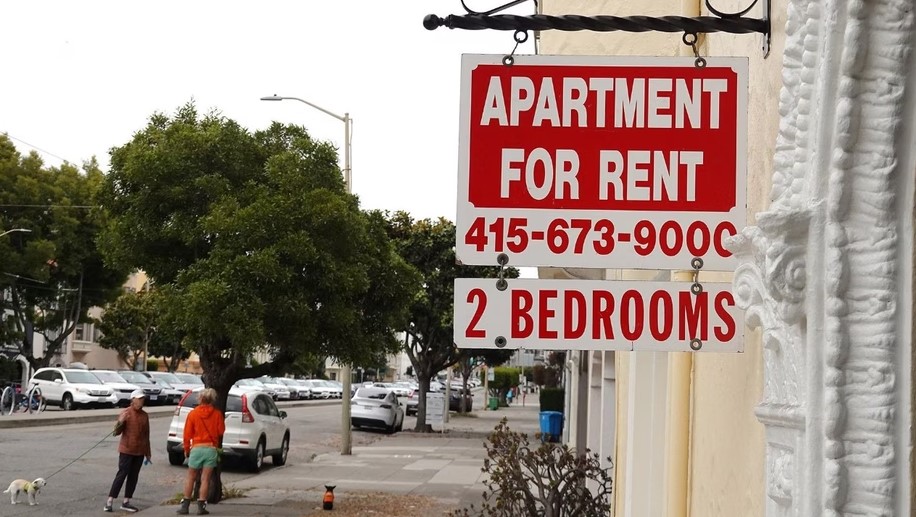Published by REALTOR.com
Landlord rules for raising rent are changing and if you want to keep your tenants, you'll need to keep up with the times.
You’ve crunched the numbers. Expenses are climbing, the market is shifting, and your rent hasn’t changed—leaving you with one big question: Should you raise rent every year?
If you’re new to landlording or still figuring things out, the decision can feel complicated. Raise it too much, and you risk losing a great tenant. Raise it too little or not at all, and you might fall behind on costs or undervalue your property.
The truth is, this is one of the most common dilemmas landlords face, but the good news is that there’s a clear way forward. Here, we help you determine when a rent increase makes sense and calculate an amount that keeps your unit competitive and your rental income on track.
Are landlords required to raise rent every year?
Landlords aren’t required to raise rent every year, but many choose to do so to keep pace with inflation, stay competitive in high-demand markets, and respond to shifts in local rental trends. Gradual, smaller increases can also help avoid the need for larger jumps later, which might surprise or frustrate tenants.
On the other hand, some landlords prefer to keep rent steady, especially when they have long-term, reliable tenants or are focused on building equity over time. In these cases, maintaining the same rent can reduce turnover and vacancy costs, which may be more profitable in the long run.
Ultimately, deciding how often to raise rent depends on your goals, the condition of the rental, tenant satisfaction, and the state of the market. If you’re unsure what the right rent price is for your area, tools like the Avail Rent Analysis report can provide valuable insights into local rental trends and competitive pricing.
When should landlords raise rent?
Identifying the right time to raise rent can help you stay aligned with market value, all while supporting your financial goals. But there are also times when it may be smarter to hold off.
The most common times rent increases are implemented are:
- At lease renewal: This is the most common and appropriate time to raise rent, provided proper notice is given as required by local laws.
- After significant upgrades: If you’ve made improvements to the unit, such as installing new appliances, renovating bathrooms, or updating flooring. This is when it may be reasonable to adjust rent to reflect the added value.
- When market rents are rising: If rental prices in your area have increased, raising your rent can help keep your property in line with local rates. But keep in mind, rent price increases require a well-thoughtout strategy to avoid pushing away good tenants.
- To keep up with inflation and expenses: Over time, operational costs like insurance, property taxes, and maintenance often go up. A small annual rent increase can help offset those rising expenses, but avoid basing your rent price solely on operating expenses.
- To meet financial goals: Whether you’re saving for future investments or relying on rental income for retirement, adjusting rent can help you stay on track.
On the flip side, there are times when keeping rent steady may be the better choice:
- You have a long-term, reliable tenant: Good tenants who pay on time and take care of the property are worth retaining. Sometimes, avoiding a rent hike can help maintain a positive relationship and reduce turnover.
- The local rental market is soft: If there’s increased competition or high vacancy rates in your area, raising rent could lead a tenant to look elsewhere.
- The property hasn’t changed: If no improvements have been made and your expenses are stable, a rent increase might not be necessary.
- You didn’t provide proper notice: Rent increases must comply with lease terms and local laws. Raising rent without adequate notice could violate tenant rights and lead to legal issues.
- You want to avoid vacancy: If your tenant is nearing the end of their lease and you’re concerned about filling the unit, keeping rent the same may encourage them to renew.
Factors to consider before raising rent—and how to calculate an appropriate increase
Raising rent is about making informed, fair decisions that reflect the value of your property, local trends, and your goals as a landlord. With that in mind, here are five key factors to consider before raising rent, along with a simple formula to help guide your decision.


